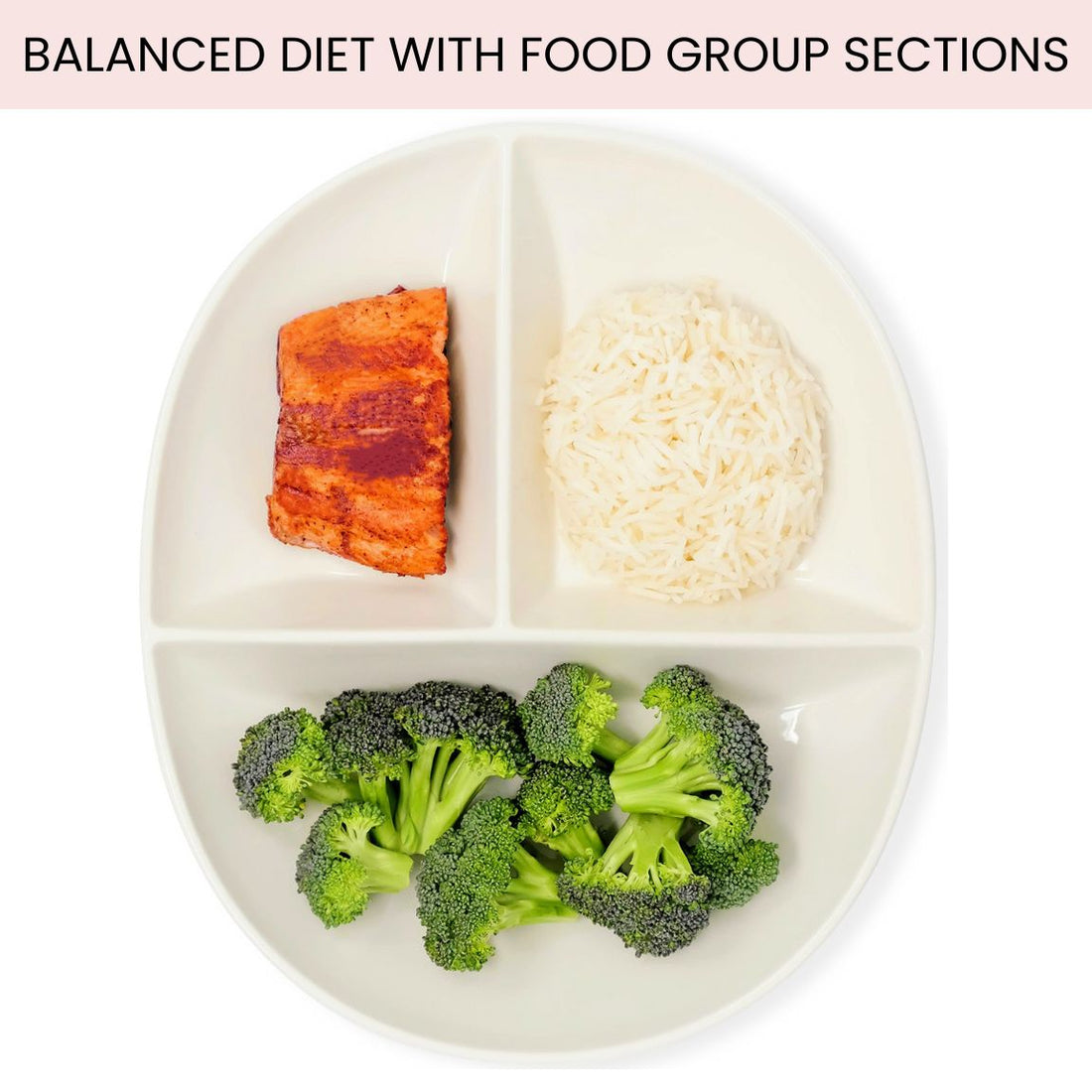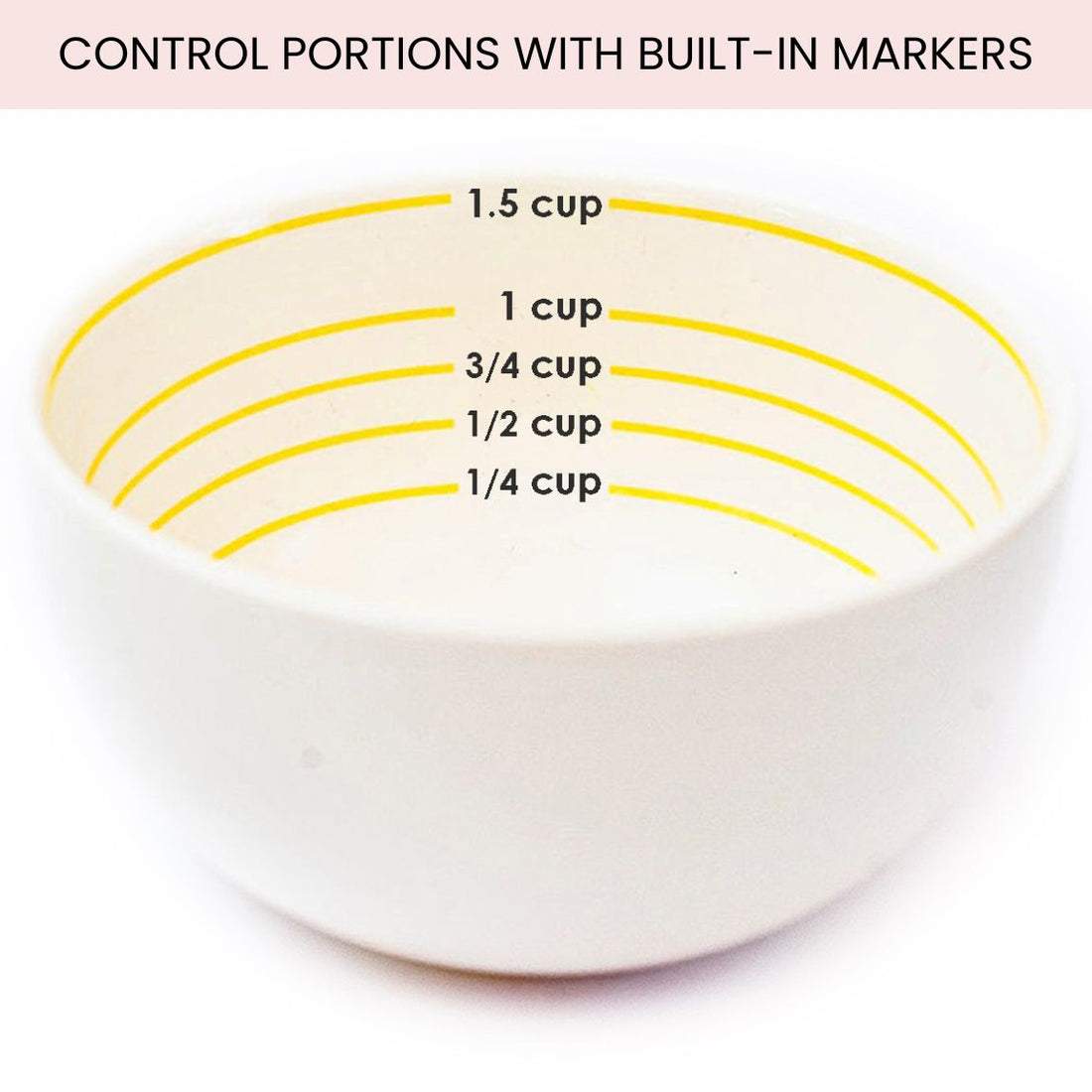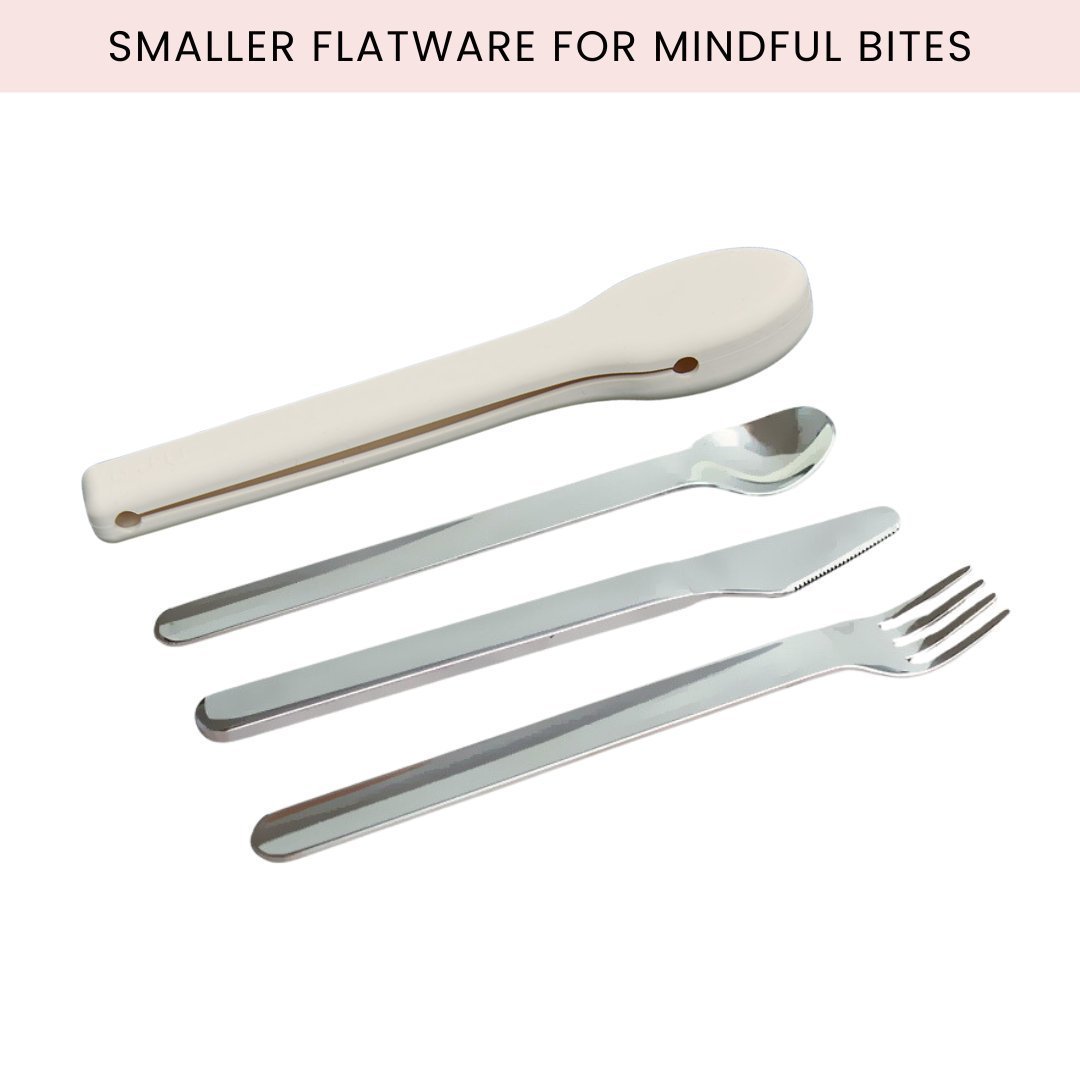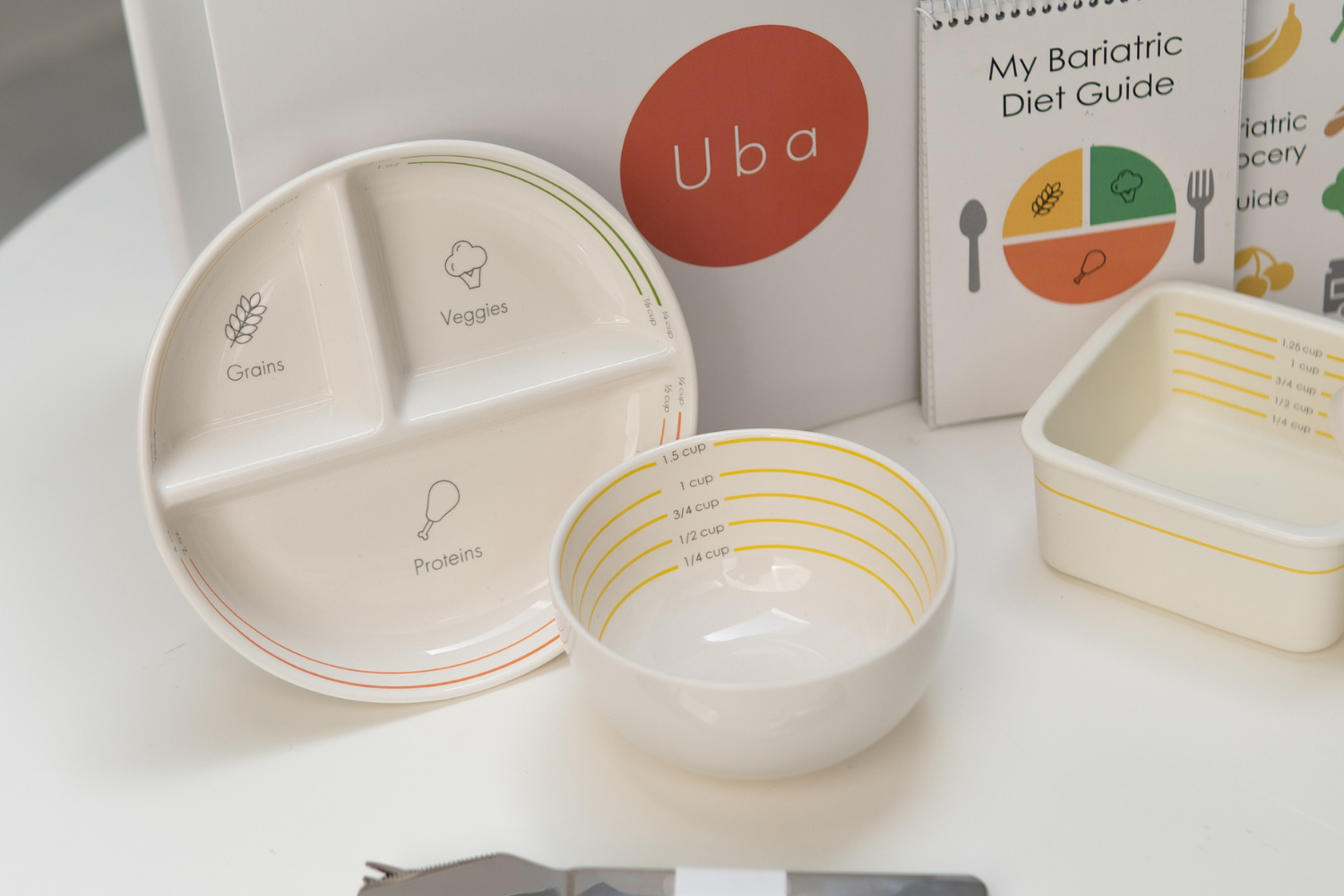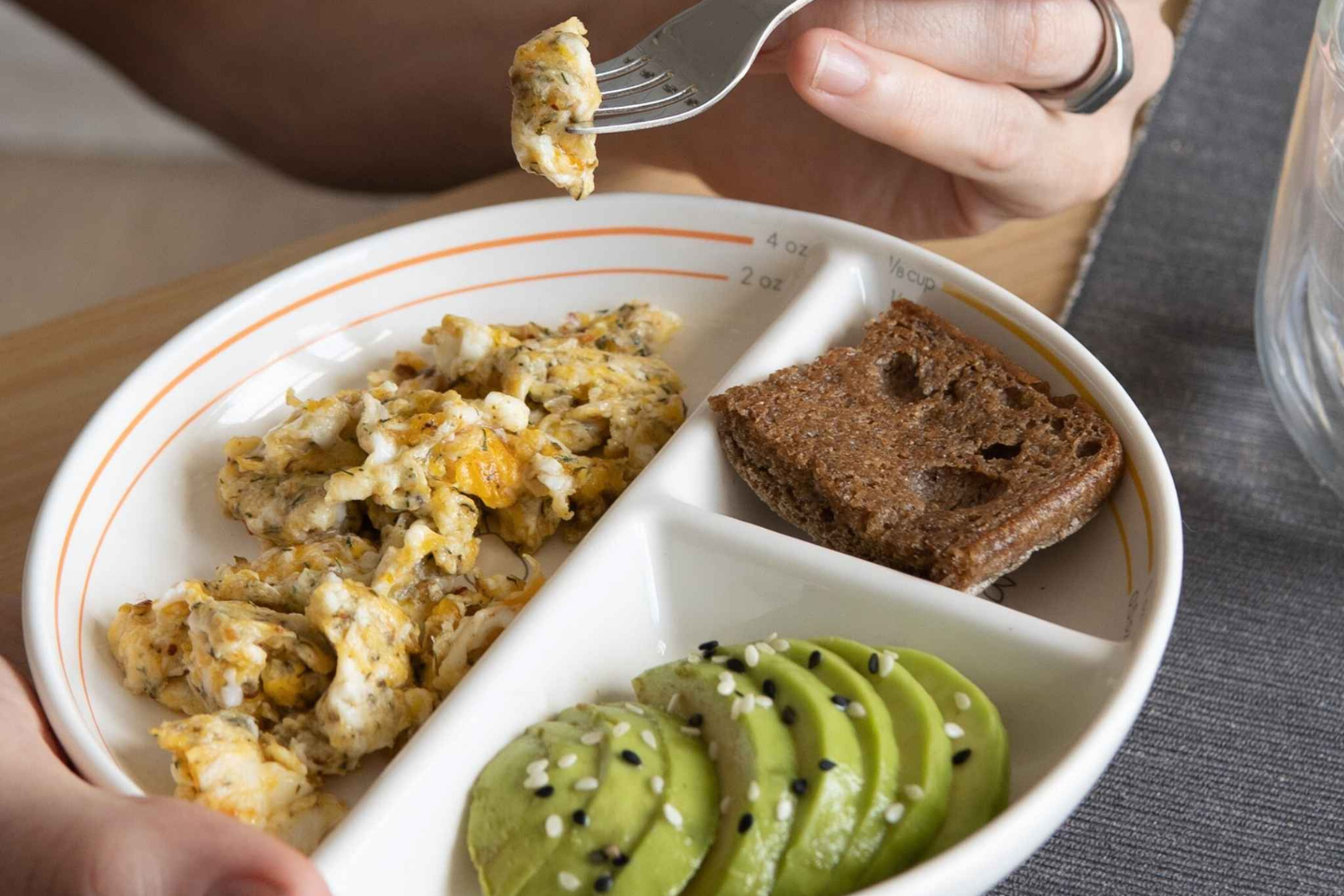Protein is an essential macronutrient that plays a crucial role in maintaining overall health and well-being. It is responsible for building and repairing tissues, producing enzymes and hormones, and supporting a healthy immune system. Including an adequate amount of protein in your diet is vital, but it's equally important to ensure that you are consuming the right portion sizes. In this ultimate guide, we will explore the importance of protein, the differences between animal and plant-based protein, and how to properly portion control protein in your meals.
Why is Protein Important?
Protein is often referred to as the building block of life, and for good reason. It is involved in almost every process in the body, from building and repairing muscles to supporting the growth and development of cells. Protein also helps to regulate blood sugar levels, promote satiety, and boost metabolism. Including an adequate amount of protein in your diet can help you maintain a healthy weight, support muscle growth, and improve overall body composition.
Animal vs. Plant-Based Protein
When it comes to protein sources, there are two main categories: animal-based and plant-based. Animal-based proteins, such as meat, poultry, fish, eggs, and dairy products, contain all the essential amino acids that the body needs. On the other hand, plant-based proteins, such as legumes, nuts, seeds, and grains, may lack one or more essential amino acids but tend to be high in fiber. Combining different plant-based protein sources, you can still obtain all the essential amino acids your body needs.
Proper Portion Control (General vs. Bariatric Users)
While protein is important, it's crucial to consume it in the right portion sizes to optimize its benefits and maintain a balanced diet. The recommended daily intake of protein varies depending on factors such as age, sex, weight, and activity level. The protein requirements for bariatric users differ significantly from those of the general population due to the unique challenges and physiological changes associated with bariatric surgery.
Bariatric users, post-surgery, face a crucial need for increased protein intake to support healing, muscle preservation, and overall recovery. Their bodies undergo substantial transformations, necessitating a focus on lean protein sources that aid in maintaining muscle mass during weight loss.
General users, on the other hand, typically adhere to standard protein recommendations for their age, weight, and activity level. While protein remains essential for everyone, the emphasis on specific types and quantities becomes paramount in the bariatric user's journey, ensuring optimal health outcomes post-surgery.
It's also important to distribute your protein intake throughout the day. Instead of consuming a large portion of protein in one meal, aim to spread it out evenly across your meals and snacks. This helps to support muscle protein synthesis and prevents excessive protein breakdown.
Top Cooking Tips
Be mindful of the cooking methods you use. Opt for grilling, baking, or steaming instead of frying, as these methods require less added fats and oils. This helps to keep the calorie content in check and promotes a healthier overall meal.
In conclusion, protein is a vital nutrient that should be included in a well-balanced diet. By understanding the importance of protein, the differences between animal and plant-based sources, and how to properly portion control protein in your meals, you can optimize your protein intake and support your overall health and well-being.
 |
 |




